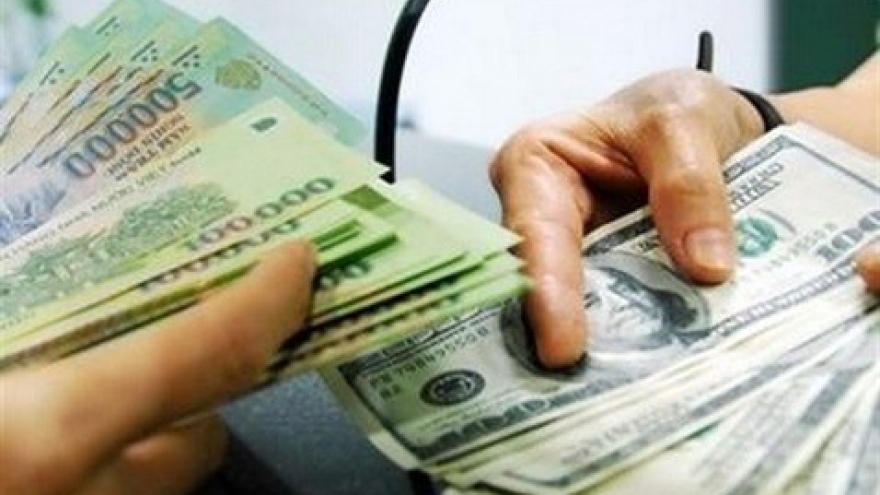Banks struggle to raise capital
Not only the issues of human resources, bad debt, profit, dividends, but also the pressure of increasing capital to cater for updated standards in line with Basel II are pushing banks to exhaustion before and after their 2017 general shareholders’ meeting (GSM).
 |
Increasing capital tense situation
The board of directors (BOD) of Saigon Bank for Industry And Trade (Saigonbank) has recently released the announcement to its shareholders that the GSM is going to be held by the end of April 2017.
Last year Saigonbank failed to increase its chartered capital to VND4 trillion (US$180 billion), despite the SBV’s approval.
Meanwhile, Vietnam Joint Stock Commercial Bank for Industry and Trade (VietinBank) has reduced its holding in Saigonbank from 10.39 to 4.91% in order to satisfy the criteria set out in Circular No. 36/2014/TT-NHNN stipulating minimum safety limits and ratios for transactions performed by credit institutions and branches of foreign banks.
An anonymous source said that Saigonbank is likely to resubmit its proposal on increasing its chartered capital for shareholders’ approval at this GSM.
In the past four years, Saigonbank failed to implement this plan. Joint Stock Commercial Bank For Foreign Trade Of Vietnam (Vietcombank) has suggested to merge with this bank.
The pressure to increase capital becomes heavier for banks with chartered capital slightly higher than the minimum requirement (US$132 billion), such as Viet Capital Bank Commercial Joint Stock Bank (Viet Capital Bank), Kien Long Commercial Joint Stock Bank (Kienlongbank), Nam A Commercial Joint Stock Bank (Nam A Bank), Vietnam Thuong Tin Commercial Joint Stock Bank (VietBank), and Vietnam Asia Commercial Joint Stock Bank (VietA Bank).
Amidst unfavourable market conditions as well as the decreasing trend of bank stock prices, banks ambitions to increase capital seem to be facing difficulties.
Meanwhile, to satisfy Basel II standards, it is a necessary condition to raise financial capacity. 2018 is the deadline for the banking system to apply the Basel II standard, instead of the 10 banks currently piloting implementation.
Therefore, not only small-sized banks, but also banks with larger financial capacity, such as ACB bank, VPBank, MB Bank, OCB Bank, etc. have to compile a capital increase plan.
According to Dao Minh Anh, OCB’s deputy general director in charge of the risk management division, OCB is projected to raise its chartered capital to VND5 trillion (US$221 billion).
The level of raising capital, time, and capital mobilization method are carefully considered. “With the support of the BOD, it is feasible for OCB to increase its chartered capital in 2017,” he said.
Organisations increase withdrawing from banks
Amidst the efforts of increasing capital, various organisations try to withdraw capital from small-sized banks in order to satisfy the regulations of state capital divestment.
For instance, Vietnam Posts and Telecommunications Group (VNPT) and Agriculture and Rural Development Bank (Agribank) have auctioned shares of Maritime Bank and OCB in March 2017.
Previously, in the third quarter of 2016, Vinamilk successfully sold more than 2 million shares of ABBank.
Apart from the pressure of capital increase, small-sized banks are under divestment pressure.
Meanwhile, according to the evaluation of securities analysts, it will be difficult for banks’ stock prices this year to increase, except for some major bank codes and brand names, such as Vietcombank, ACB, VietinBank, and MB.
As reported by Bach An Vien, chief analyst of KIS Vietnam Securities Corporation, against the past three years, the operation of the banking sector has experienced positive improvement, but this had been unequal among banks. Therefore, each bank’s stock will perform differently.

